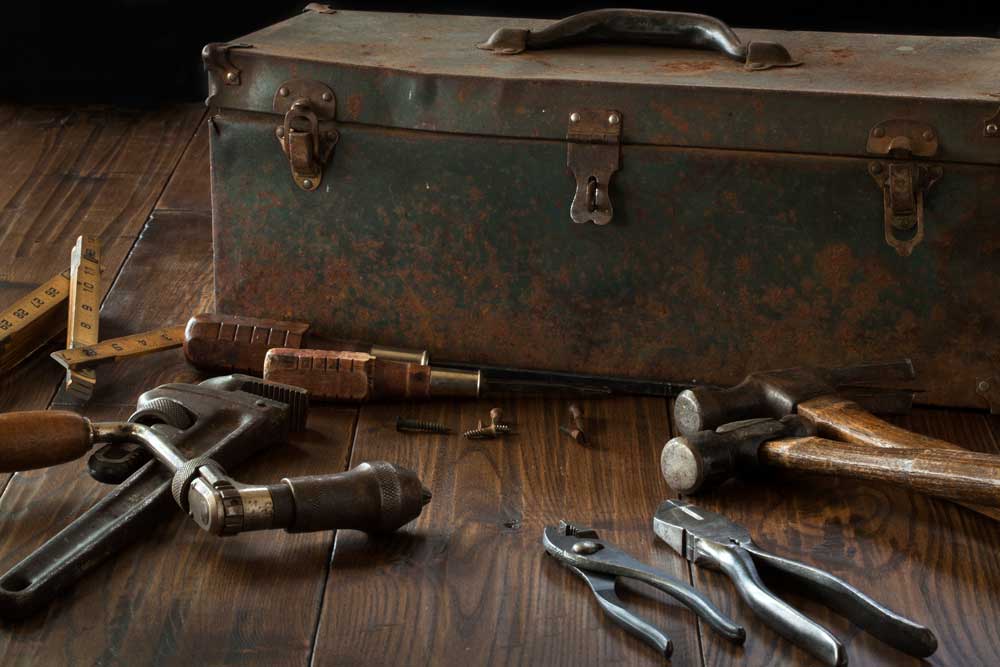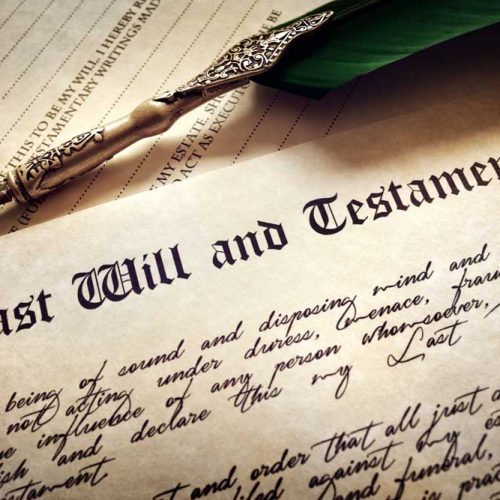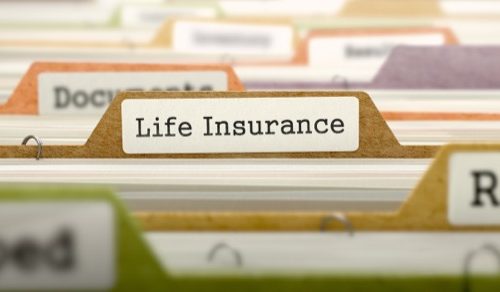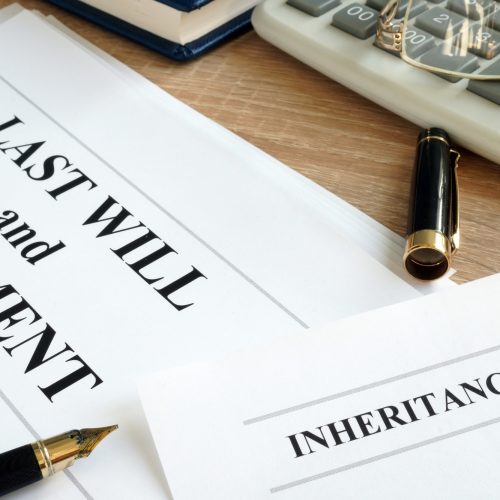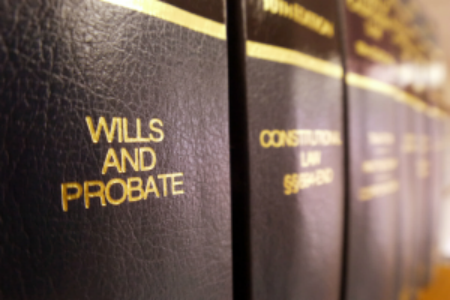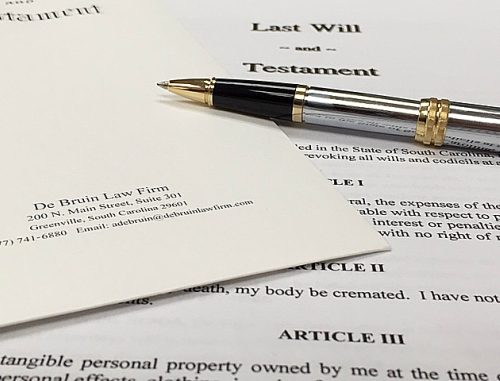The Estate Planning Toolbox
The first document that comes to mind for most people when it comes to Estate Planning is the Will. However, there are many other documents and tools that can be used to make sure your estate is handled according to your wishes after you pass away.
WILLS
This is the centerpiece of your Estate Plan. The Will dictates how your assess will be distributed after your death. In your Will, you will name beneficiaries (usually family members) who will receive your assets once you die. You will also name an executor who will be in charge of making sure the assets are distributed in accordance with the Will. You may also name a guardian to look over any children you may have.
Durable Power Of Attorney
Unlike a will, this document is only used while you are still alive. Power of attorney allows a representative you appoint to make decisions on your behalf should you become incapacitated. Generally, two separate power of attorney documents are drafted; one appointing an agent over all financial decisions and one appointing an agent over medical decisions. You are free to choose the same person for both functions. It is important to have someone able to make healthcare decisions for you. If you become incapacitated, you will want someone who has knowledge of your end-of-life wishes to have power of attorney over the decisions that will need to be made.
Living Will
Like a medical power of attorney, this document also outlines your end-of-life wishes. This document is also commonly called a directive to physicians. This document lines out what to do in certain medical situations – Do you always want palliative care? Do you want every measure taken to keep you alive, or would you rather not continue living if you are in a vegetative state? These are difficult and deeply personal questions. Make sure you get to answer them for yourself.
Trusts
There are many types of trusts. Trusts are generally used to avoid estate taxes, but are also quite useful for controlling assets as well. Assets are placed in a trust and then no longer belong to an individual but to the trust itself. The trustee or trustees (usually yourself and your spouse) manages the assets in the trust. In the case of most estate planning trusts, the trust is managed for the benefit of beneficiaries. One common reason trusts are used is to keep money from children until they are older and more responsible. Assets in a trust do not need to go through the probate process as they technically belong to the trust and not the deceased individual.
As you can see, there are many aspects to estate planning that go beyond a simple will. Distributing your assets is only one of the many things that need to be sorted out before you die. Planning for end-of-life can be challenging and confusing. If you need help with drafting a will, creating a trust, or establishing power of attorney, contact the offices of the De Bruin Law Firm today.

